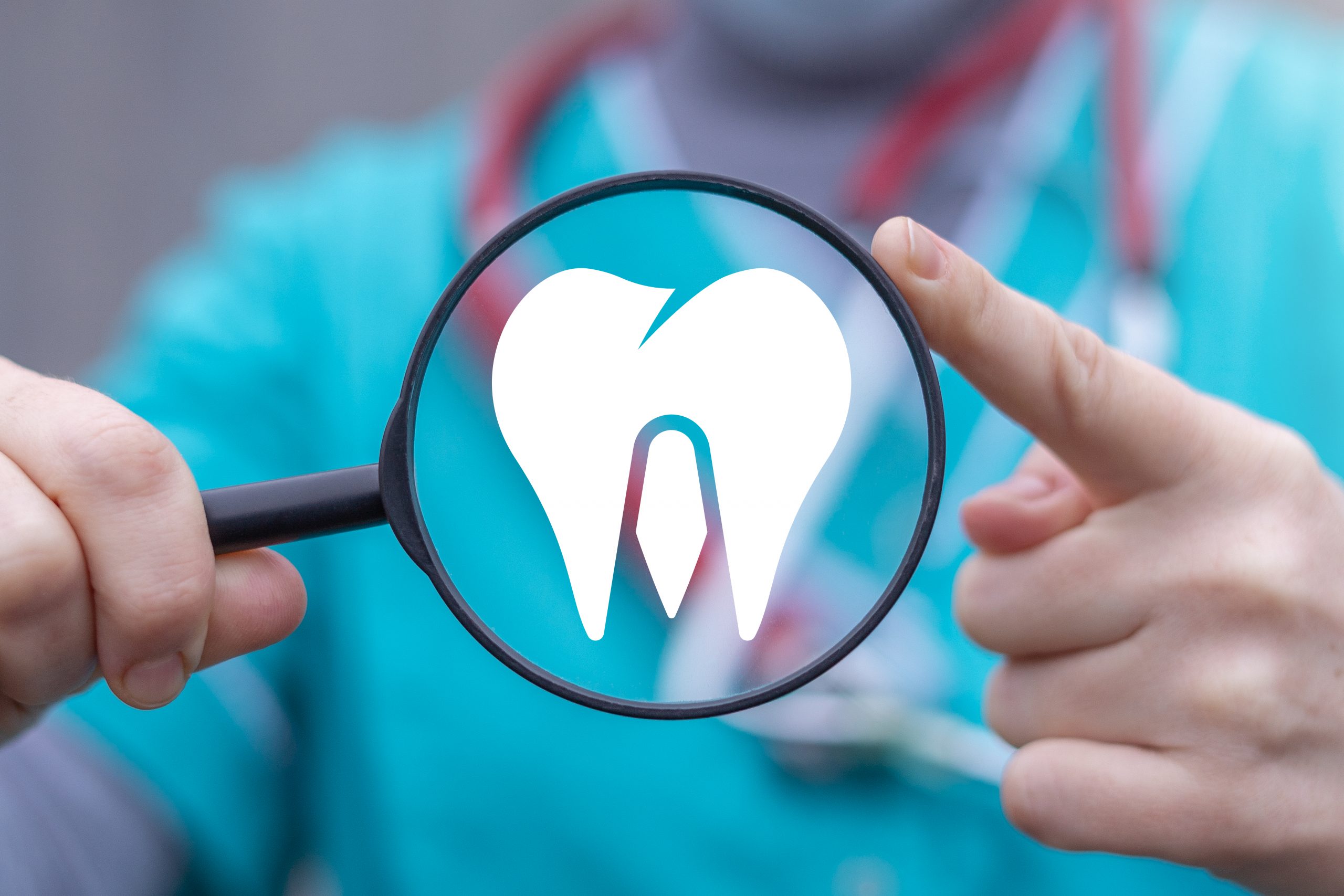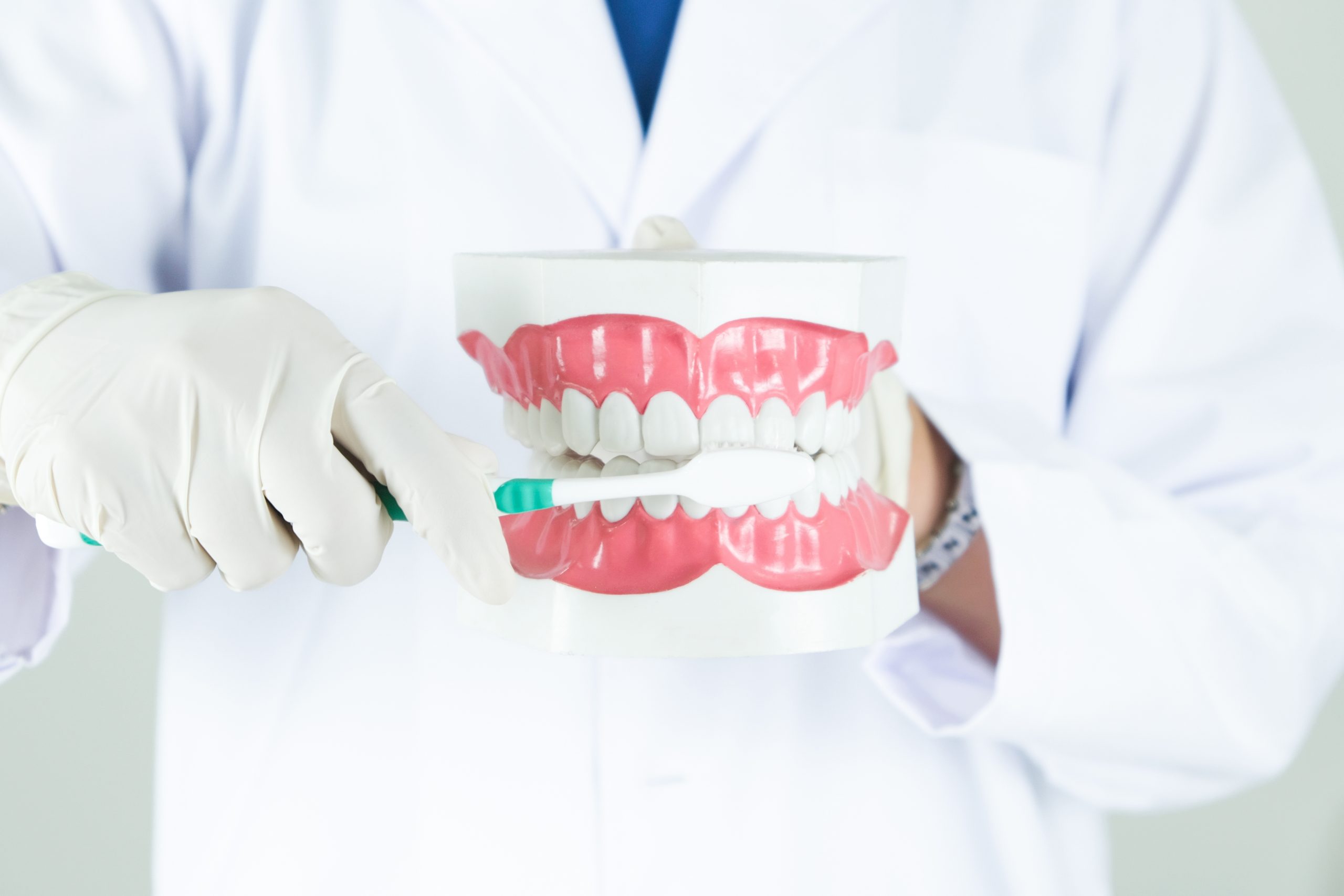Maintaining good oral health is vital for overall well-being. However, various dental problems can arise, impacting the health of your teeth, gums, and overall oral cavity. Understanding the common dental problems and their symptoms is essential for early recognition and timely treatment. In this article, we will explore the most prevalent dental issues and the symptoms associated with them, empowering you to take proactive steps for your oral health.
- Tooth Decay: Tooth decay, also known as dental caries or cavities, is a common dental problem caused by plaque buildup and bacterial activity on the tooth surface. Symptoms may include tooth sensitivity, toothache, visible holes or pits on the teeth, and dark spots or stains. If left untreated, tooth decay can progress and lead to more severe complications.
- Gum Disease: Gum disease, or periodontal disease, affects the gums and supporting structures around the teeth. It starts with gingivitis, characterized by red, swollen, and bleeding gums. If left untreated, it can progress to periodontitis, causing gum recession, loose teeth, bad breath, and even tooth loss. Regular dental check-ups can help detect gum disease in its early stages.
- Tooth Sensitivity: Tooth sensitivity refers to discomfort or pain when consuming hot or cold foods and beverages or when brushing the teeth. It can be caused by exposed tooth roots, enamel erosion, tooth decay, or gum recession. Using a desensitizing toothpaste and seeking professional dental advice can help alleviate tooth sensitivity.
- Tooth Erosion: Tooth erosion occurs when the tooth enamel wears away due to acid exposure. It can be caused by excessive consumption of acidic foods and beverages, certain medical conditions, or acid reflux. Symptoms include tooth sensitivity, tooth discoloration, rounded or transparent tooth edges, and cupping on the tooth surfaces.
- Bad Breath: Bad breath, or halitosis, can be embarrassing and may indicate underlying dental problems. It can result from poor oral hygiene, gum disease, dry mouth, certain foods, or underlying medical conditions. Maintaining good oral hygiene practices, regular dental cleanings, and addressing any underlying causes can help combat bad breath.
- Tooth Fractures: Tooth fractures can occur due to trauma, biting on hard objects, or untreated tooth decay. Symptoms include pain when chewing, sensitivity to hot or cold, visible cracks or chips on the teeth, and rough edges. Seeking dental care is crucial to prevent further damage and potential infections.
- Oral Infections: Oral infections can arise from untreated dental problems, such as tooth decay or gum disease. Symptoms may include severe toothache, swelling or pus around the affected area, fever, and difficulty swallowing. Prompt dental intervention is necessary to treat the infection and prevent its spread.
- Teeth Grinding (Bruxism): Teeth grinding, or bruxism, is a condition where individuals unconsciously clench or grind their teeth, often during sleep. Symptoms include worn-down tooth surfaces, jaw pain, headaches, and tooth sensitivity. A dental professional can provide solutions, such as a custom mouthguard, to protect the teeth from further damage.
- Dry Mouth: Dry mouth, or xerostomia, is a condition characterized by insufficient saliva production. It can be caused by certain medications, medical conditions, or lifestyle factors. Symptoms include a dry or sticky feeling in the mouth, frequent thirst, difficulty swallowing or speaking, and an increased risk of dental decay. Maintaining good oral hygiene and staying hydrated can help alleviate dry mouth symptoms.
- Oral Cancer: Oral cancer refers to cancerous growth in the mouth, including the lips, tongue, cheeks, floor of the mouth, and throat. Symptoms may include persistent mouth sores, red or





